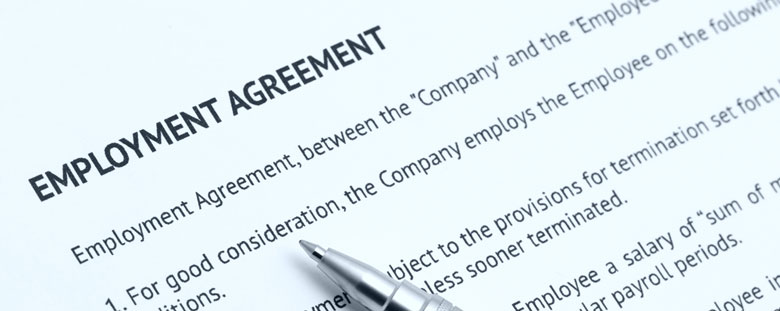If you believe that you have been treated less favourably than another individual in the workplace and you feel that the treatment is connected to one or more of the characteristics protected and defined in the Equality Act 2010, then you may be able to pursue a claim for unlawful discrimination.
The protected characteristics as defined by the Equality Act 2010 include:
- Age
- Gender
- Race
- Sexual orientation
- Marriage and civil partnership
- Pregnancy
- Gender reassignment
- Religious beliefs
- Disability
However, it is worth noting a recent comment made by Stuart Gee, the head of Guidance at ACAS that “many businesses and their staff may not realise that a working person’s employment rights very much depends on their status”. Stewart Gee is very much correct, as to bring an employment tribunal claim for discrimination, under the Equality Act 2010, the claimant has to have been in employment and considered an employee or worker, at the time of the alleged discriminatory act.
Employment status has always been considered a complex area of employment law. However, following the launch of the Taylor Review into modern employment practices, ACAS have recently produced more detailed guidance to help employers and employees understand this area better. ACAS said it’s aim is to “provide some clarity on the various different types of ways that people can work and the employment rights that they are entitled to”.
The new guidance appears to have a larger focus on the self-employed and has expanded this further to look at how the relationship works through umbrella companies and agencies. The expansion appears to come in light of the recent outcomes in legal cases involving determinations in respect of the status of workers in the ‘gig economy’.
Gig economy is defined as ‘a labour market characterised by the prevalence of short-term contracts or freelance work, as opposed to permanent jobs’. This area of law has continued to hit the headlines following several claimants winning their claims that they should be considered as workers rather than self-employed, when engaged in employment relationships with companies such as Uber, Deliveroo, City Sprint, Amazon and many more. Please see my colleague Martha McKinelys earlier blog for case details on one of those recent cases. These claimants pursued their claims to be considered workers, in order to be entitled to employment/worker rights.
As an employee, your entitlements include:
- Receipt of a written statement of employment
- Receipt of an itemised pay slip
- To be paid the National Living Wage
- To be paid holiday pay, maternity and paternity pay etc
- The right to request flexible working hours
- The right not to be discriminated against.
As a worker, you enjoy some employment rights, including:
- To be paid the National Living Wage
- To be paid holiday pay
- To be protected against unlawful discrimination
- The right not to be treated less favourably if you work part-time hours.
A self-employed person:
- Still has protection for their health and safety on a client's premises
- In some very limited cases will be protected against unlawful discrimination in the workplace
- Will have their rights and responsibilities set out in the terms of the contract with their client
- In general will not have the right to receive holiday pay
However, although individuals may be considered a self-employed contractor by virtue of the written terms of their contract with a company, the nature of their duties and responsibilities may infer that they are in fact a worker and therefore have enhanced employment rights.
Please see ACAS guidance for further information.
Therefore, before being able to determine that a claimant has a claim for discrimination in the employment tribunal, their employment status must first be ascertained. If you feel you have been discriminated against as a result of you having one of the aforementioned protected characteristics and that you may be an employee or a worker, please contact our specialist team for further advice on 01616 966 229.



Comments